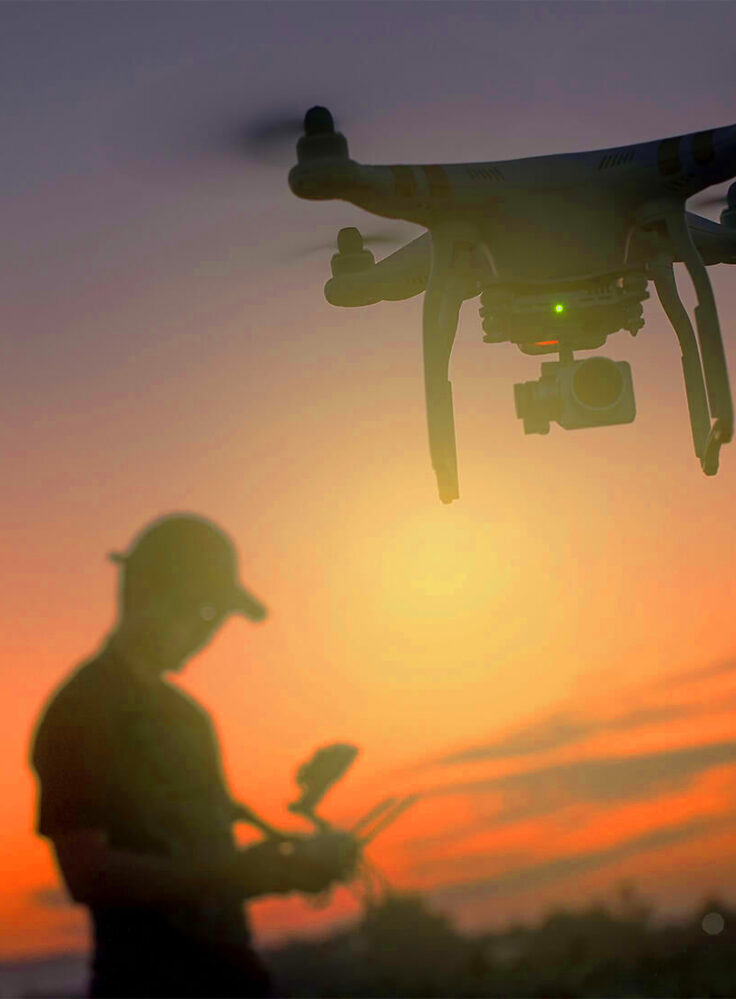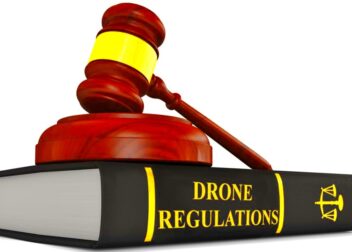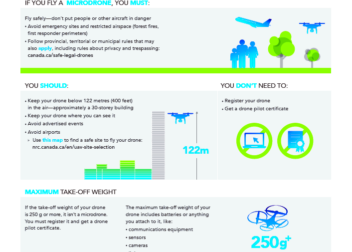What You Need to Know About Drone Laws in Costa Rica
In Costa Rica there are rules in place for drones to prioritize safety and privacy while encouraging responsible usage of this technology. If you intend to operate a drone in this country it’s crucial to familiarize yourself with the laws that regulate drone activities. These regulations aim to safeguard individuals and assets as well as to protect the countrys stunning natural scenery from potential disturbances.
Having visited Costa Rica I witnessed the significance of these regulations firsthand. The stunning scenery ranging from vibrant rainforests to beautiful coastlines is truly worth safeguarding. Costa Ricas stance on drone laws shows a profound consideration for both its natural surroundings and its citizens. Lets explore the details that you should be aware of.
Permits and Registration Requirements
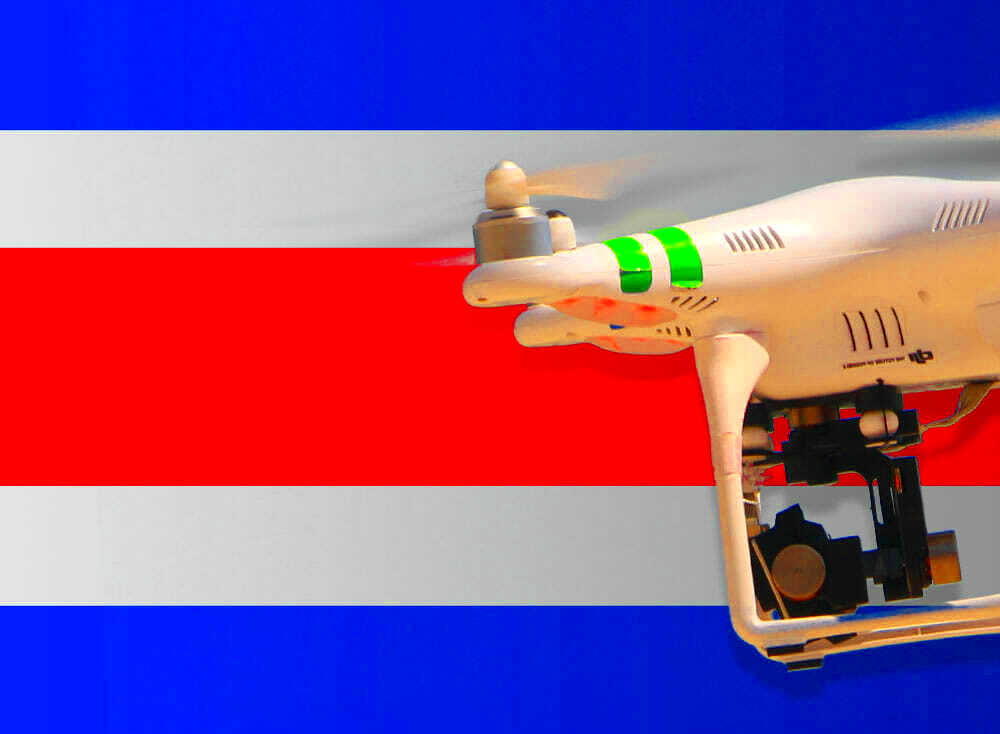
Before flying your drone in Costa Rica its important to get the required permits and register your drone. This step ensures that all pilots adhere to safety protocols and rules. Heres a breakdown of what you should do:
- Drone Registration: All drones weighing more than 250 grams must be registered with the Civil Aviation Authority of Costa Rica (DGAC). You can complete this registration online through the DGAC’s website.
- Permit for Commercial Use: If you plan to use your drone for commercial purposes, such as aerial photography or surveying, you’ll need a special permit. This usually requires submitting a detailed flight plan and proof of insurance.
- Operator Certification: Drone operators must undergo certification, demonstrating their understanding of local regulations and safety procedures. This certification is crucial for ensuring that only skilled individuals operate drones.
Based on what I’ve seen going through the registration process can feel overwhelming but it’s an essential part to make sure you’re flying lawfully and securely. It’s important to verify the up to date requirements since rules and regulations may evolve.
Restrictions on Drone Use
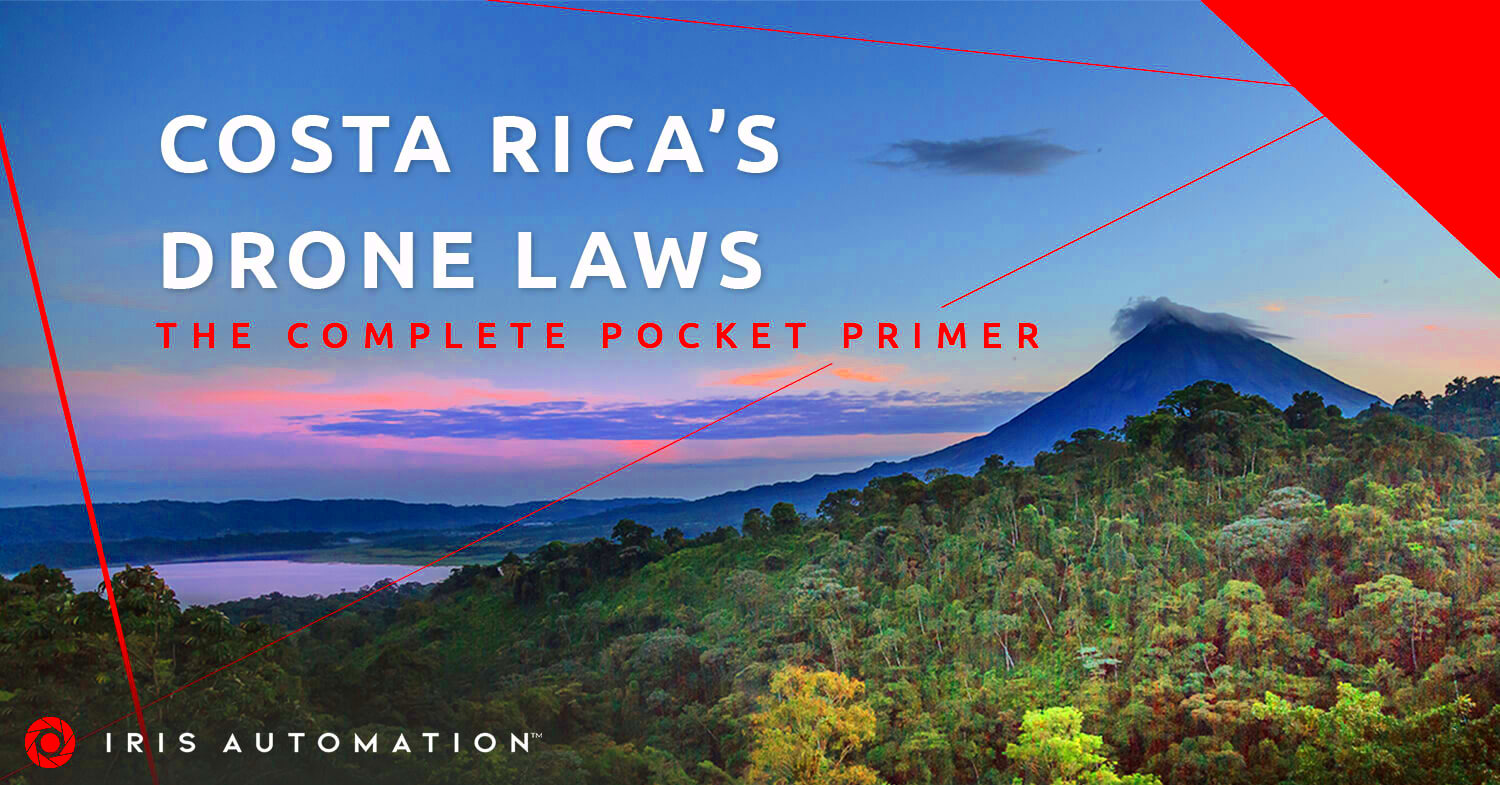
In Costa Rica there are certain limitations on the locations and methods of flying your drone. These regulations aim to protect individuals, animals and the breathtaking landscapes of the nation. Here are important restrictions to keep in mind.
- Prohibited Areas: Drones are not allowed to fly over national parks, wildlife reserves, or private property without permission. The government imposes these restrictions to protect wildlife and preserve the natural environment.
- Altitude Limits: There are strict altitude limits to prevent drones from interfering with manned aircraft. Typically, drones should not exceed 120 meters (394 feet) above ground level.
- Restricted Zones: Areas near airports, military bases, and certain government buildings are off-limits for drone flights. This is crucial for national security and aviation safety.
Looking back on my stay in Costa Rica I value these limitations for the tranquility they bring to nature and the consideration they demonstrate towards cultural norms and laws. Adhering to these guidelines guarantees a journey that is both seamless and courteous.
Rules for Flying Drones in Specific Areas
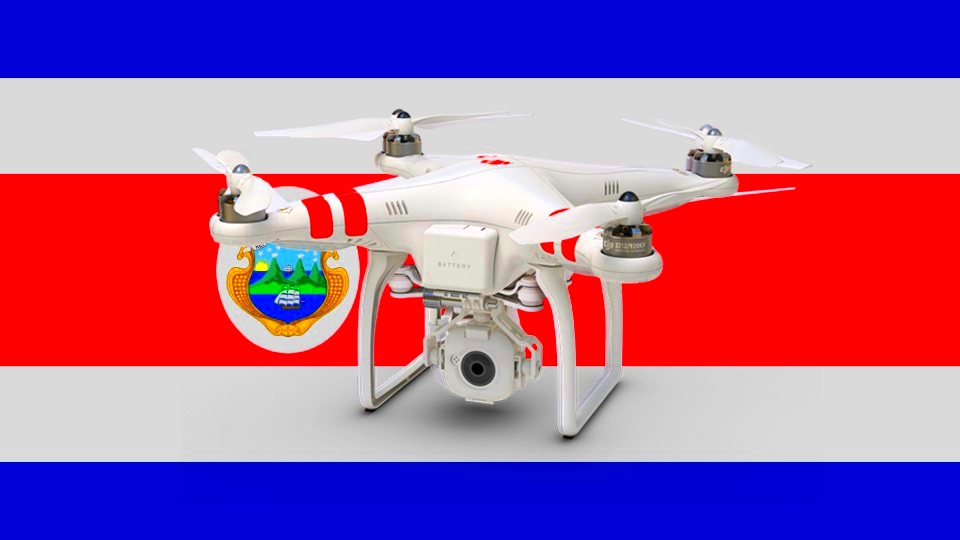
Operating a drone in Costa Rica isn’t as easy as launching it and gliding through the air. There are guidelines in place that differ based on your flight location. These guidelines are designed to honor communities safeguard wildlife and maintain the countrys breathtaking landscapes. While exploring I was impressed by how these rules enhance both the allure and security of the region. Here’s a brief overview of what you should be aware of:
- In Urban Areas: Drones are generally restricted in cities and towns. In urban areas like San José, flying is limited to certain zones and usually requires a permit. This helps avoid disruptions and respects the privacy of residents.
- Near Tourist Attractions: When flying near popular tourist sites, it’s important to follow local guidelines. Some attractions have specific restrictions to ensure that drone activity doesn’t interfere with the enjoyment of visitors.
- In Natural Reserves: Costa Rica’s natural reserves are protected zones. Drones are often banned in these areas to prevent disturbances to wildlife and to preserve the tranquil environment.
- Private Property: Always seek permission before flying over private land. Respecting property rights is not just a legal requirement but also a matter of courtesy.
Based on what I’ve seen following these community guidelines not only keeps you on the side of the law but also enhances your enjoyment of the stunningly preserved environment.
Consequences for Violating Drone Laws
Violating drone regulations in Costa Rica can lead to repercussions. These rules are designed to safeguard everyone including people and nature. During my experiences with the regulations I noticed a strong dedication to upholding safety and privacy. If you happen to breach these laws here’s what you could encounter.
- Fines: Violating drone laws can result in substantial fines. These fines can vary depending on the severity of the infraction, but they are designed to deter careless flying.
- Confiscation of Equipment: In more serious cases, authorities may confiscate your drone. This can be particularly frustrating, especially if your drone is an essential tool for your activities.
- Legal Action: Repeated or severe violations could lead to legal action, including court appearances. It’s important to follow the rules to avoid such scenarios.
Witnessing the impact of laws while exploring different places has shown me the importance of adhering to rules for a smooth journey. It not only helps you stay on the right side of the law but also allows everyone to relish the natural wonders of Costa Rica with peace of mind.
How to Obtain a Drone License
If you’re aiming to fly a drone in Costa Rica for work or leisure getting a drone license is crucial. Based on my own experience I can say that while the licensing journey may appear intricate it’s definitely beneficial to make sure you’re operating within the bounds of the law and prioritizing safety. Here’s a breakdown of the process for you:
- Apply Online: Start by submitting an application on the Civil Aviation Authority of Costa Rica (DGAC) website. You’ll need to provide personal details and information about your drone.
- Complete Training: If you’re a new operator, you must complete a training course. This course covers essential topics like safety, local regulations, and operational procedures.
- Pass a Test: After completing the training, you’ll need to pass a written test to demonstrate your knowledge. This ensures that you understand the regulations and safety measures.
- Submit Documentation: Provide any required documents, such as proof of insurance and a detailed flight plan if applicable.
- Receive License: Once your application is approved, you’ll receive your drone license. This license must be renewed periodically, so keep track of the expiration date.
Looking back on my path during this process I realized that being meticulous and well equipped made things go more smoothly. By adhering to these guidelines you can savor the joy of flying your drone without getting into any legal troubles.
Recent Updates to Drone Laws
Keeping abreast of the laws regarding drones in Costa Rica is essential for all operators. The rules surrounding drone usage are changing swiftly to keep up with advancements and address emerging concerns. I remember during my trips witnessing the significance of being aware of these updates to steer clear of any legal issues. Here’s an overview of the recent changes that could impact you.
- Increased Registration Requirements: Recently, the registration process has become more detailed. Drones now need more specific information about their technical specifications and intended use. This helps ensure that all drones in the sky meet safety standards.
- New Training Programs: The DGAC has introduced updated training programs for drone operators. These programs now include modules on advanced safety practices and new regulatory changes.
- Expanded Restricted Zones: Some areas that were previously open for drone use have now been designated as restricted zones. This includes new environmental protection areas and high-security regions.
- Stricter Enforcement: There has been a noticeable increase in the enforcement of drone laws. Authorities are more vigilant, and there are more frequent inspections to ensure compliance with the new regulations.
Looking back on my journey I see these changes as a testament to Costa Ricas dedication to using drones responsibly. Keeping up with the news and being flexible are essential for a seamless flying experience, that also honors the rules.
Resources for Drone Operators
Operating a drone in Costa Rica comes with the need for dependable resources to assist you along the way. Based on my own experience I can assure you that having access to resources can greatly help you navigate through the rules and ensure safe flights. Here are a few helpful resources worth considering.
- DGAC Website: The Civil Aviation Authority of Costa Rica (DGAC) website is the primary source for official regulations, registration forms, and updates. It’s essential to check this site regularly for the latest information.
- Drone Operator Forums: Online forums and communities are excellent for exchanging tips and experiences with fellow drone enthusiasts. They often provide insights that you won’t find in official documents.
- Local Drone Clubs: Joining a local drone club can provide support and networking opportunities. These clubs often host events and workshops that are useful for learning about local regulations and best practices.
- Legal Advisors: Consulting with a legal expert who specializes in aviation law can be beneficial, especially if you’re involved in commercial drone operations. They can offer tailored advice to help you navigate the legal landscape.
Through my personal experience I discovered that utilizing these tools greatly helped me maintain compliance and improve my flying adventures. Seeking assistance and advice from experts in the area and other operators is always a wise move.
Frequently Asked Questions
When it comes to rules regarding drones in Costa Rica, there are often a lot of questions. I’ve compiled some of the queries I frequently encounter based on my experiences and conversations with fellow drone enthusiasts. Here’s a useful FAQ section to shed light on these matters.
- Do I need a permit to fly a drone in Costa Rica? Yes, if you’re operating a drone that weighs more than 250 grams, you need to register it with the DGAC and may require additional permits depending on your use.
- Can I fly my drone over national parks? No, drones are generally prohibited over national parks and wildlife reserves to protect the environment and wildlife.
- What are the consequences of flying in restricted areas? Violating drone regulations in restricted areas can result in fines, equipment confiscation, or legal action. It’s important to always check the latest restricted zones before flying.
- How do I stay updated on changes to drone laws? Regularly visit the DGAC website, join local drone communities, and keep in touch with legal advisors to stay informed about any updates to the regulations.
By tackling these queries you can gain a clearer understanding of your duties and enjoy a smoother experience with your drone. Staying up to date and taking the initiative to adhere to the rules is always a smart move.
Conclusion
Navigating the laws surrounding drones in Costa Rica may initially appear daunting. However with some effort and awareness you can ensure a flying experience. It’s important to grasp the nuances of rules in specific regions stay updated on recent changes and utilize resources to stay well informed. Having explored Costa Rica I have witnessed how these regulations play a role in preserving the countrys breathtaking landscapes and vibrant communities. By adhering to these laws and adequately preparing you contribute to safeguarding Costa Ricas natural beauty and ensuring that your drone escapades are both exciting and in line with regulations. So fly safely and responsibly while soaking up the views that Costa Rica has in store for you!
